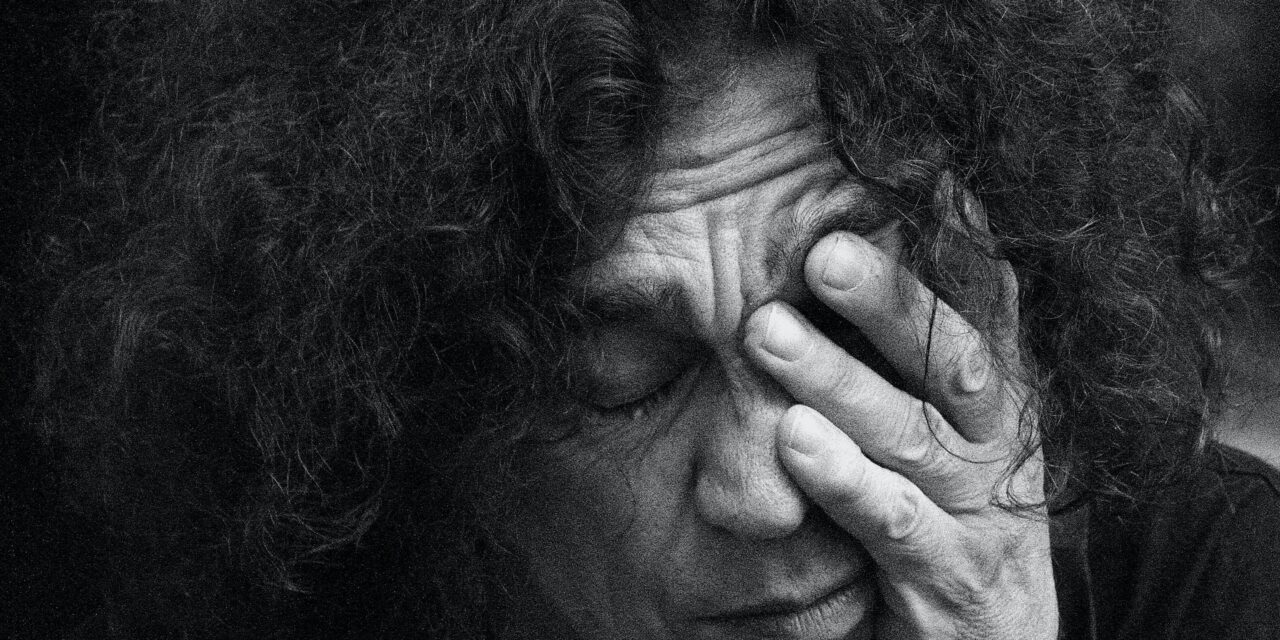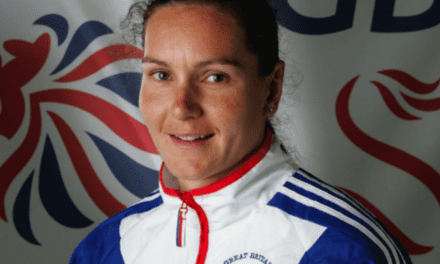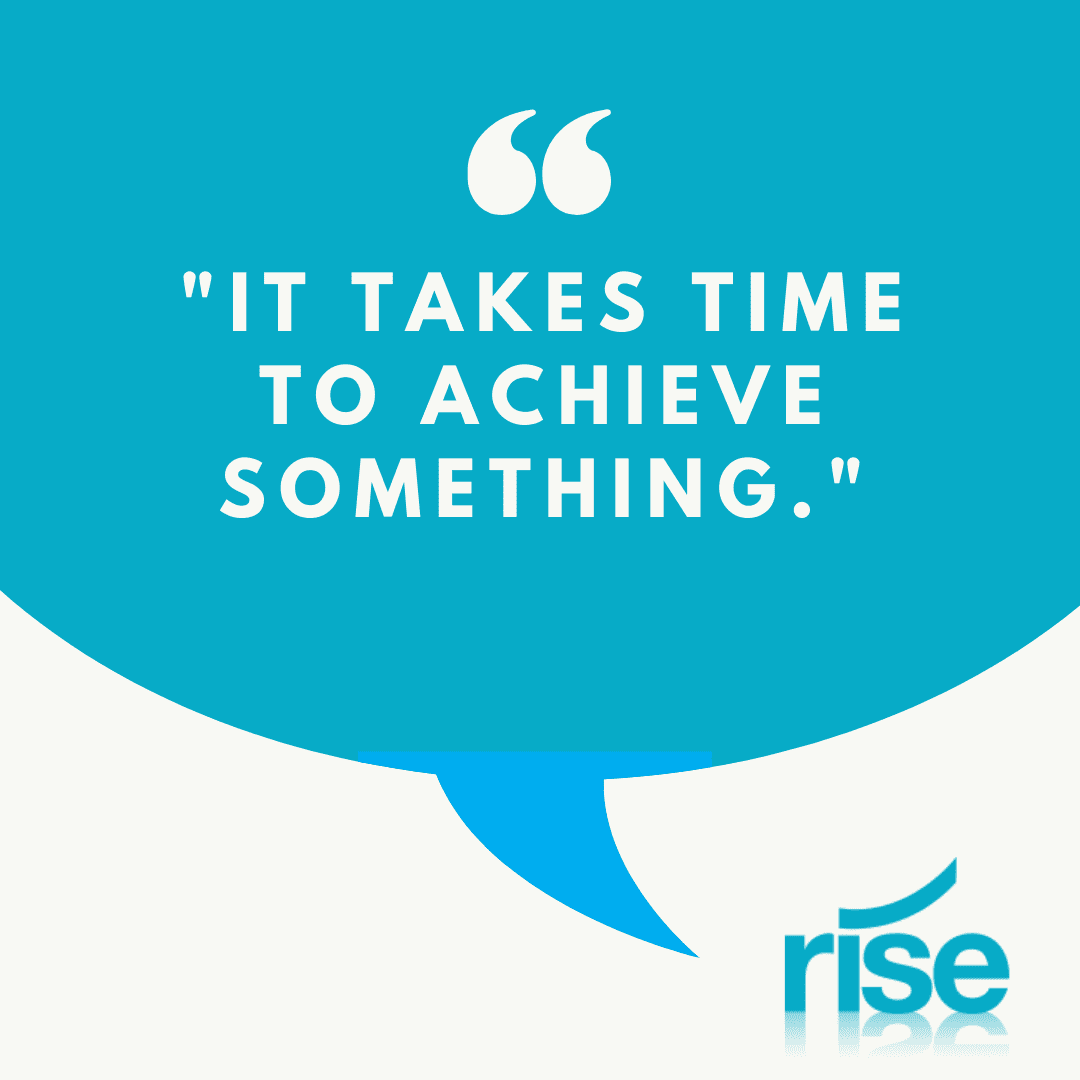Burnout, including among New Zealanders, is currently at an all-time high–according to a Future Forum global survey–a nasty trend that is the result of overworking to achieve lofty ambitions that ultimately fall short.
Hard work alone is not enough to help a person achieve the heights they aspire to if they do not have a mechanism or process that informs them how to get there.
Simone-Ellen Keller, a personal transformation strategist and CEO of Genius You—a consultancy that teaches people how the mind works and how to use it to uncover their brilliance by using emotions constructively—says burnout is the outcome from not knowing how to overcome the obstacles our brain throws up.
“We have often never learned the process to achieve what we aspire to. We all dream of having a fantastic partner to share our lives with that we can love forever more, but divorce rates in New Zealand are through the roof.
“We end up frustrated, annoyed and disappointed instead of in love. So many of us attain marriage, but we never learn the skills to achieve the dream of a long, happy relationship,” Keller says.
“Many parents desire a great relationship with their children, but failure to achieve that aspiration doesn’t mean the desire disappears. Burnout may seem to be the problem, but it’s not the problem; burnout is the outcome of having the drive to achieve something but not having the process,” Keller says.
We think these skills are innate because we are human, but they are not.
She offers the following advice to people who work hard but are frustrated by their lack of progress (and therefore at risk of burnout):
- Model others
Keller said it’s always a good idea to find somebody who has succeeded in what you want to do and find out how they got there.
“They will have the same equipment that you do, but they are just using it better or differently.”
- Create a measurement system
“Measure what is causing you to feel like you are burning out. Stand back and analyse what is going on. When you can understand the problem, you are trying to solve, you are empowered to move forward,” Keller says.
- Change through behaviour
Keller says change comes through behaviour, not by thought.
“A negative thought is not easily overridden by thinking thoughts of, for example gratitude, but through acts of gratitude.
“For example, writing somebody a note expressing your gratitude, saying ‘thank you to somebody you appreciate’ or by carrying out an act of service,” says Keller.
More information here: https://www.geniusyou.co.nz/
Ends/…













